Drip Irrigation Equipment: An Overview
Drip irrigation equipment is a pivotal component in modern agriculture and landscaping, offering precise water delivery to plant roots. This method conserves water by minimizing evaporation and runoff, making it an eco-friendly choice for various settings.
Types and Applications
The versatility of drip irrigation supplies caters to a range of applications, from small-scale garden irrigation kits to extensive drip and sprinkler irrigation systems. These systems are suitable for department stores, super markets, and e-commerce platforms, ensuring a broad spectrum of commercial uses.
Components and Materials
Key components include drip nozzles, drip tape irrigation kits, and drip line sprayers, made from durable materials like PE, plastic, and PP. These materials are chosen for their resilience and adaptability to various environmental conditions.
Features and Advantages
Drip irrigation machinery manufacturers have refined their designs to offer features that enhance efficiency and ease of use. The equipment is designed to be adaptable, fitting different scales of operation from small garden irrigation kits to large-scale greenhouse irrigation kits. The main advantage of using drip irrigation is the significant water savings and the targeted nourishment of crops, which can lead to better yields.
Choosing the Right Equipment
Selecting the appropriate drip irrigation machine involves considering the specific needs of the area to be irrigated. Factors such as the type of crops, the size of the area, and the local climate all play a role in determining the most suitable drip irrigation setup.
Environmental Impact and Sustainability
The implementation of a drip system sprayers is a step towards sustainable water management. By delivering water directly to the root zone, these systems reduce waste and support conservation efforts, making them an environmentally responsible choice for modern agriculture.


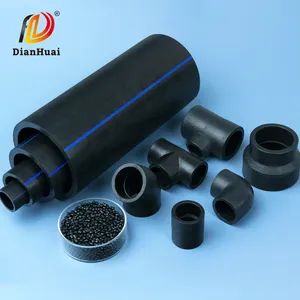

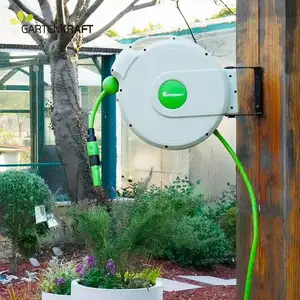








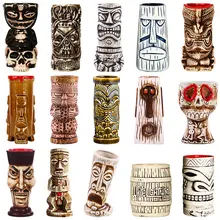




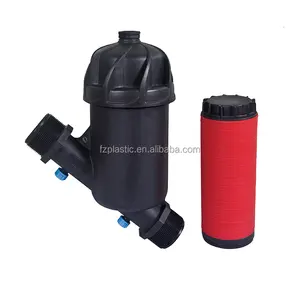







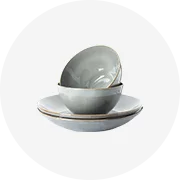













 浙公网安备 33010002000092号
浙公网安备 33010002000092号 浙B2-20120091-4
浙B2-20120091-4